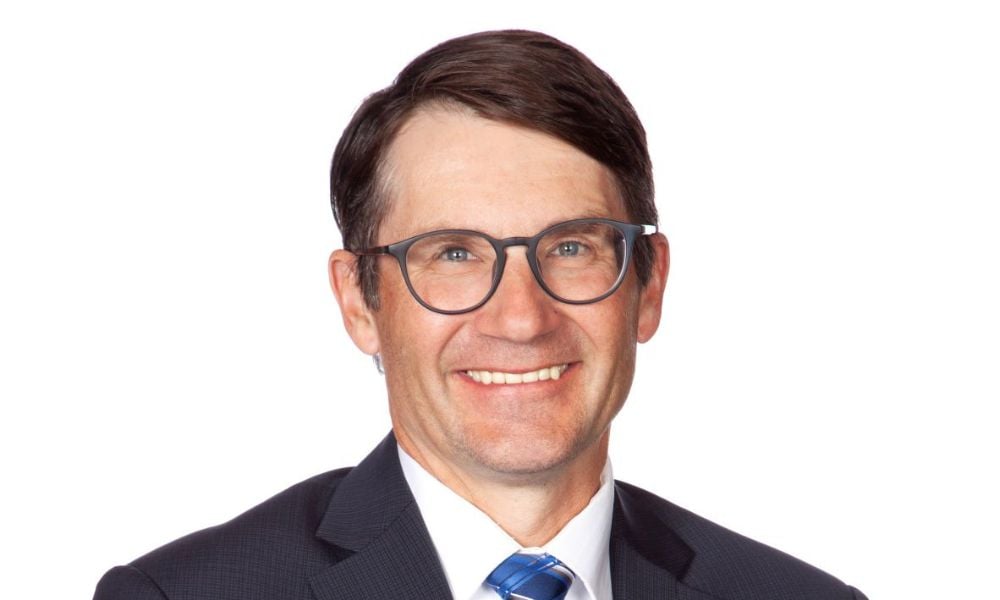Demographic shifts will pave the way for machine learning tools to empower advisors, says CEO of wealth tech firm

The financial advice profession is undergoing an evolution, and cutting-edge technology will play a crucial role in the ultimate transformation of the industry, according to the head of one Toronto-based wealth technology firm.
“We are seeing a shift in investment management to holistic planning, and that's a big part of the value of advice,” says Robert Madej, founder and CEO of PureFacts Financial Solutions. “I think people recognize that the planning process creates a lot of money for investors. And certainly, we do believe that AI and machine learning will play a huge part in that.”
Madej cited a paper by Claude Montmarquette, a professor at the Université de Montréal, titled “The Value of Advice.” In that research, he showed Canadians who use advisors retire with about four times as much in assets as those who tried to invest on their own. By teasing apart the different variables that could contribute to asset growth, he showed that the reason advised Canadians do well is the fact that they have a financial plan.
“It wasn’t chasing alpha or better investments that gave better returns. It was actually about having a plan and sticking to it,” Madej says. “And with the ongoing demographic shift of wealth to more women, younger people, and more people from multicultural backgrounds, we see planning and advice coming to the forefront in all aspects of financial service.”
As more and more people get financial plans, Madej says wealth firms will be able to accumulate a rich database of plans across a large sample of client segments. Over time, they’ll be able to get information showing which strategies and approaches proved most fruitful in the long term.
By having AI and machine learning programs comb through the data, firms should be able to get the answers to crucial financial planning questions – whether it can be a wise long-term decision for someone at a certain age to take money out of their RSP to put a down payment on a house, for example.
“You're going to need millions of cases’ worth of data, data analytics, and probably some AI to tell you exactly what is the right age and family situation, where you would want to make a withdrawal from your RSP,” Madej says. “I think it’ll take 30 or 40 years before we can get the data we need to get good answers to some of the more complex financial decisions clients will need to make during their lifetime.”
With well-trained AI and machine learning algorithms at their fingertips, he believes advisors will have additional strategies to refine their plans and increase the chances of successful financial outcomes for their clients.
And while many investors trust robo-advisor platforms to give them recommendations and help keep their portfolios on an even keel based on their declared risk tolerance, Madej estimates clients will continue to want a human professional to help them make good, data-driven financial decisions. Just as humans can make mistakes and make biased decisions, software and models can make errors that people can overrule based on their judgment and real-world experience.
“Today, a lot of aspects of financial planning are still very manual. In time, a single adviser, using these kinds of automated financial planning tools and AI, may be able to serve two or three times as many clients,” Madej says. “Advisors who are proving themselves to be very good may in fact, be able to use these tools to save time and build their practice beyond what they're able to do today.”



